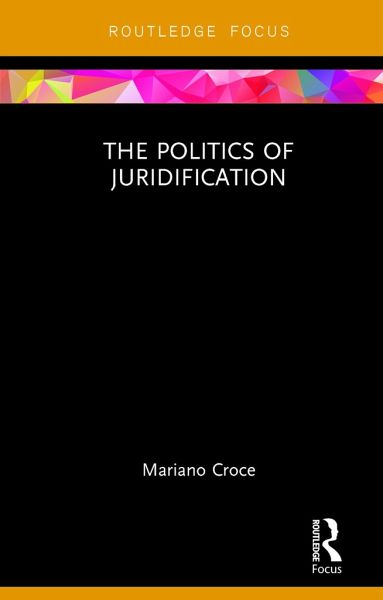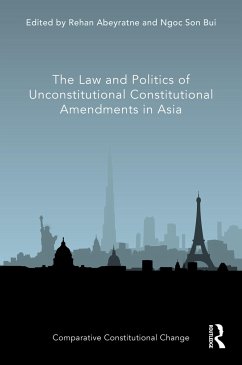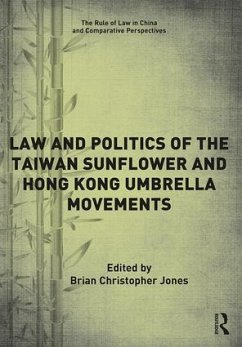
The Politics of Juridification
Versandkostenfrei!
Versandfertig in 1-2 Wochen
69,99 €
inkl. MwSt.
Weitere Ausgaben:

PAYBACK Punkte
35 °P sammeln!
This book contributes to debates about how politics is affected by the increasing relevance of judicial bodies to the administration of Western political communities. While most analyses portray juridification as a de-democratizing transferral of political authority to the courts, this book centres on the workable ambivalence of such a phenomenon.














